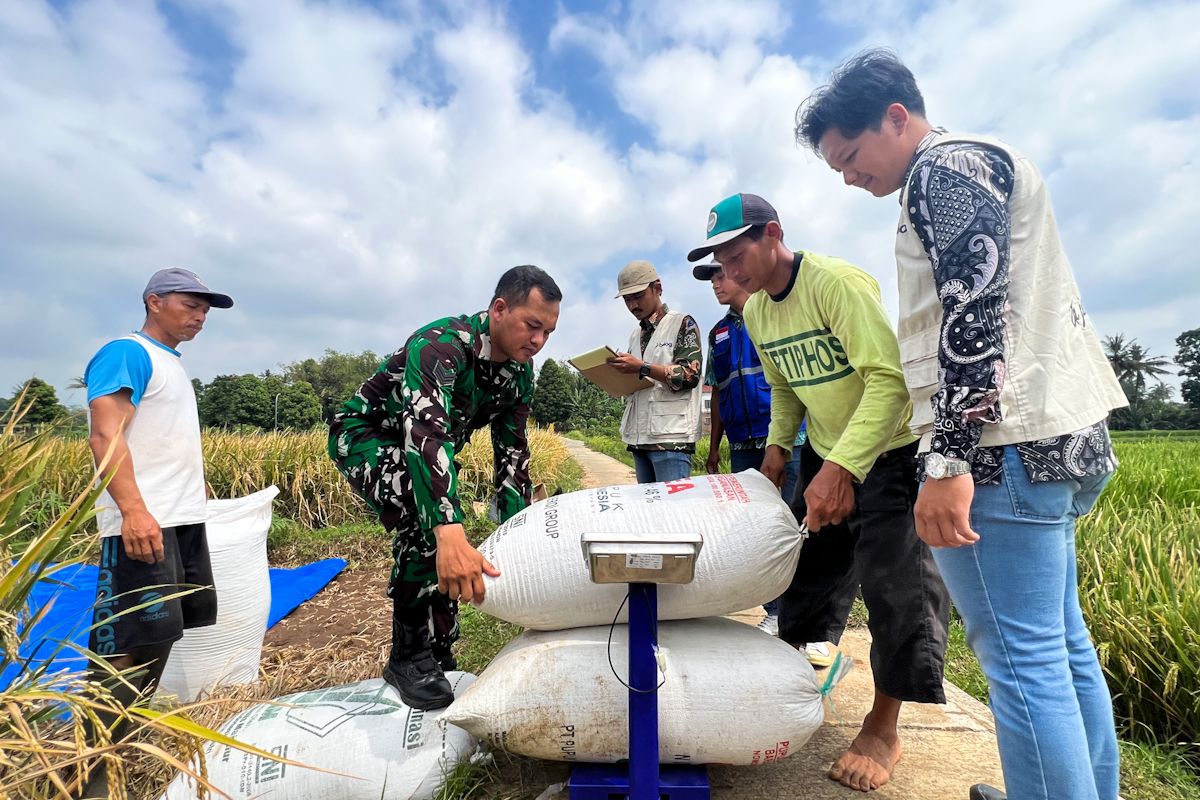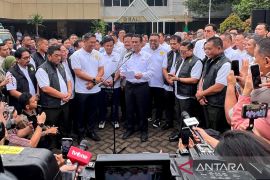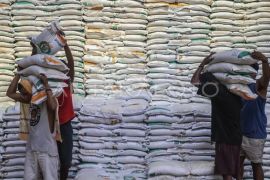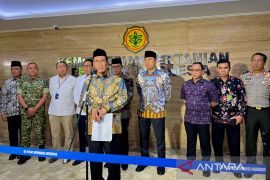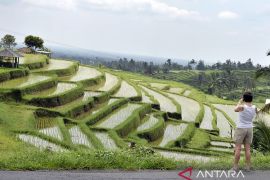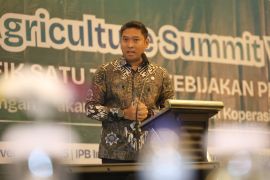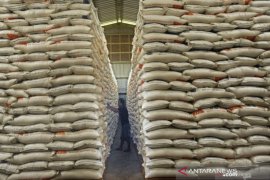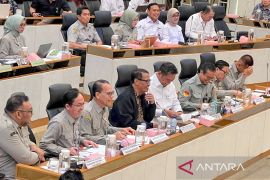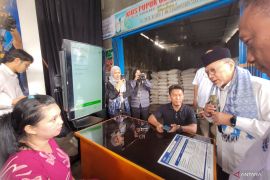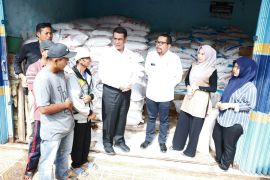"These policies reflect President Prabowo Subianto's concrete commitment to improving the welfare of Indonesian farmers," the minister said in a statement issued in Jakarta.
He added that the government would continue to roll out agricultural support measures as a demonstration of its support for the food sector and domestic farmers.
"With these pro-farmer initiatives, we are optimistic that Indonesia can achieve food self-sufficiency and improve the livelihoods of its farmers. The 80th Independence Day anniversary is a perfect momentum to make a significant leap toward food sovereignty," he stated.
For many farmers, the meaning of independence has become more tangible. Not only are they protected from unprofitable harvest prices, but they now enjoy improved access to subsidized fertilizers, farming equipment, and irrigation systems that help boost productivity.
Jarwanto, a farmer from Manggis Village in Boyolali, Central Java, said he has felt the positive impact of the government's new policies firsthand.
At the beginning of 2025, he was still selling unhusked rice (gabah) at Rp6,000 per kilogram—below the government's floor price (HPP). He recalled previous years when prices had plummeted to as low as Rp4,500/kg during peak harvest season.
However, things began to improve after President Prabowo Subianto issued Presidential Instruction (Inpres) No. 6 of 2025 on the procurement and management of domestic rice and grain. The policy has helped stabilize prices while ensuring rice availability in the market.
"Now, wet paddy sells for around Rp7,500 per kilogram. That's much more profitable for farmers. I can really feel President Prabowo and Minister Amran’s commitment to supporting farmers," Jarwanto said.
Related news: Indonesia resumes rice, corn exports after decades: Prabowo
Price stability has also extended to corn. Whereas the standard price used to be around Rp5,500 per kilogram, it has now risen to Rp5,800.
Jarwanto said the increase has raised morale among farmers and renewed their optimism.
In addition to higher commodity prices, he also praised the government's support through the provision of subsidized fertilizers and agricultural machinery.
"Previously, we could only harvest five to six tons per hectare. Now, thanks to water pumps, cultivators, and better irrigation, we can reach seven tons," he added.
Pro-farmer policies are also making a difference in Indonesia's easternmost region.
Margo, a farmer in Merauke District, Papua, manages 183 hectares of rice and corn fields with his farming group. They have received equipment such as large and small tractors, hand tractors, and water pumps.
"These tools make it easier for us to manage wetland areas. We also run a seed breeding program for the Inpari 32 rice variety to meet our group's needs. On average, we harvest four to five tons per hectare," Margo said.
Despite challenges such as heavy rainfall, which often causes rice plants to fall over, Margo remains optimistic. He acknowledged strong government support, particularly in financing and accelerating planting schedules.
"Looking ahead, we hope the government will continue to strengthen support for farm roads and irrigation. That’s what we need most to maximize our yields," he added.
Related news: Young farmers key to RI's food security, economic growth: minister
Translator: Harianto, Azis Kurmala
Editor: Rahmad Nasution
Copyright © ANTARA 2025
